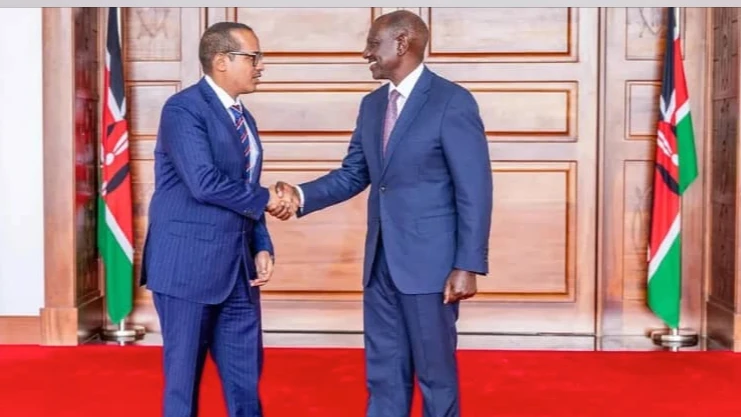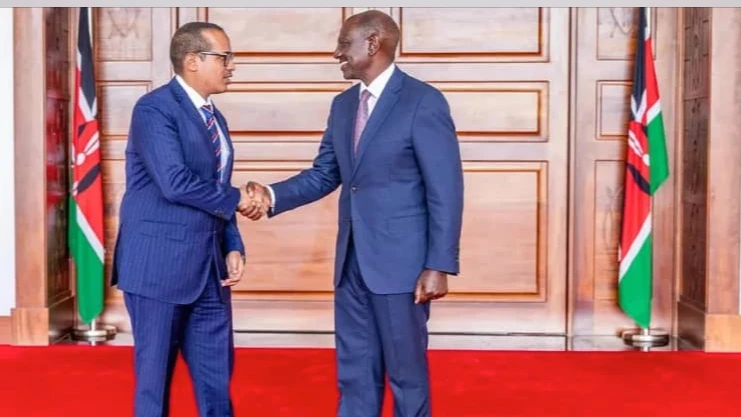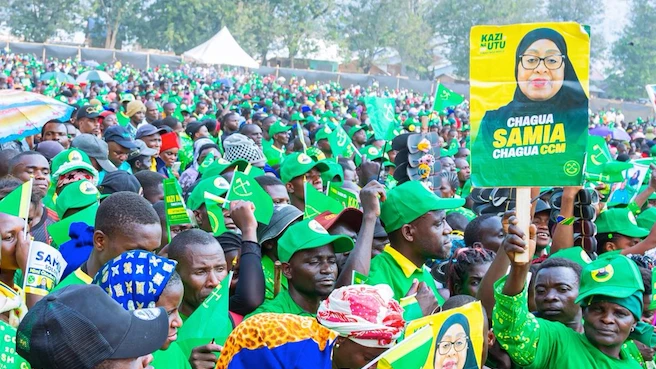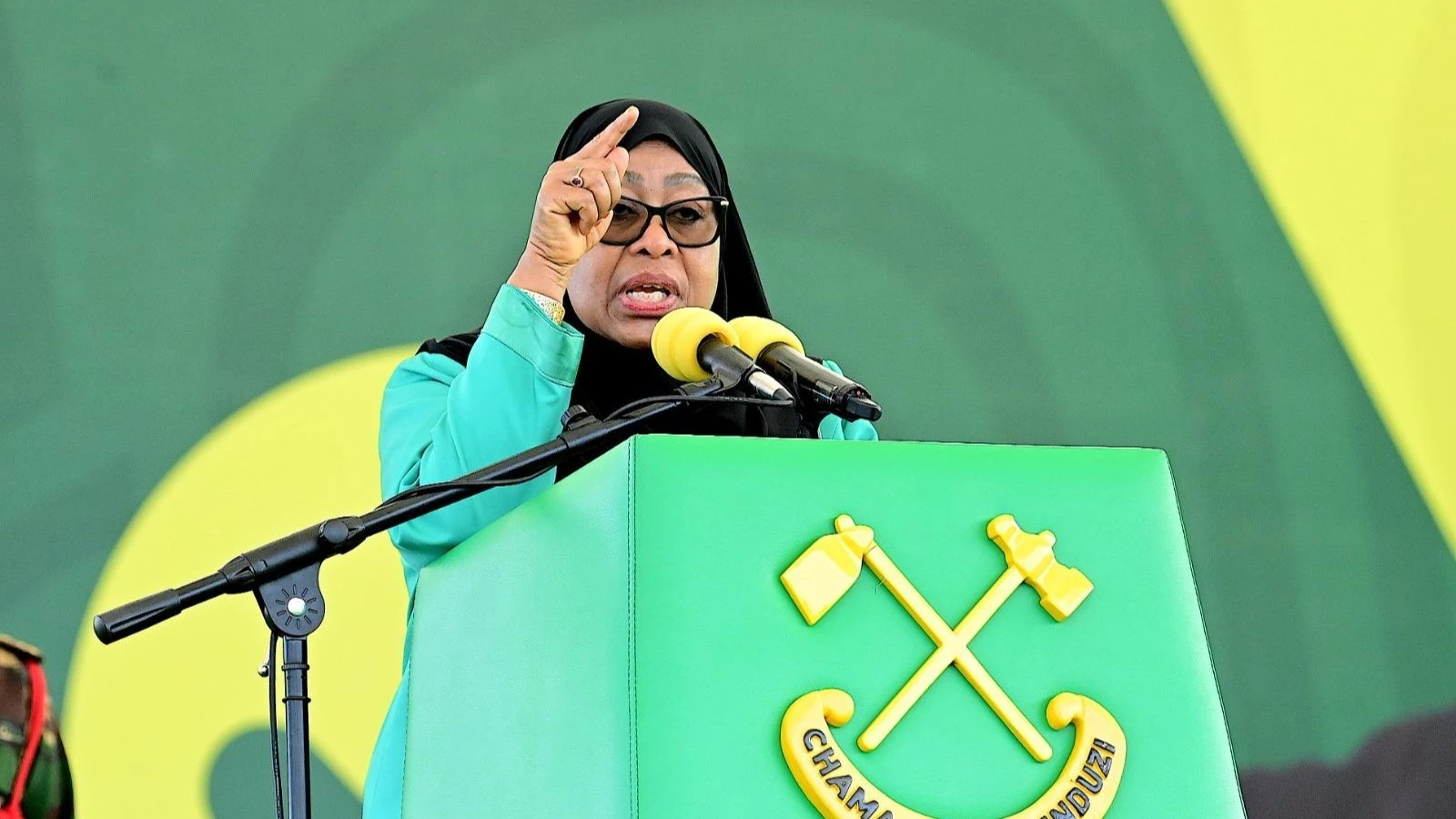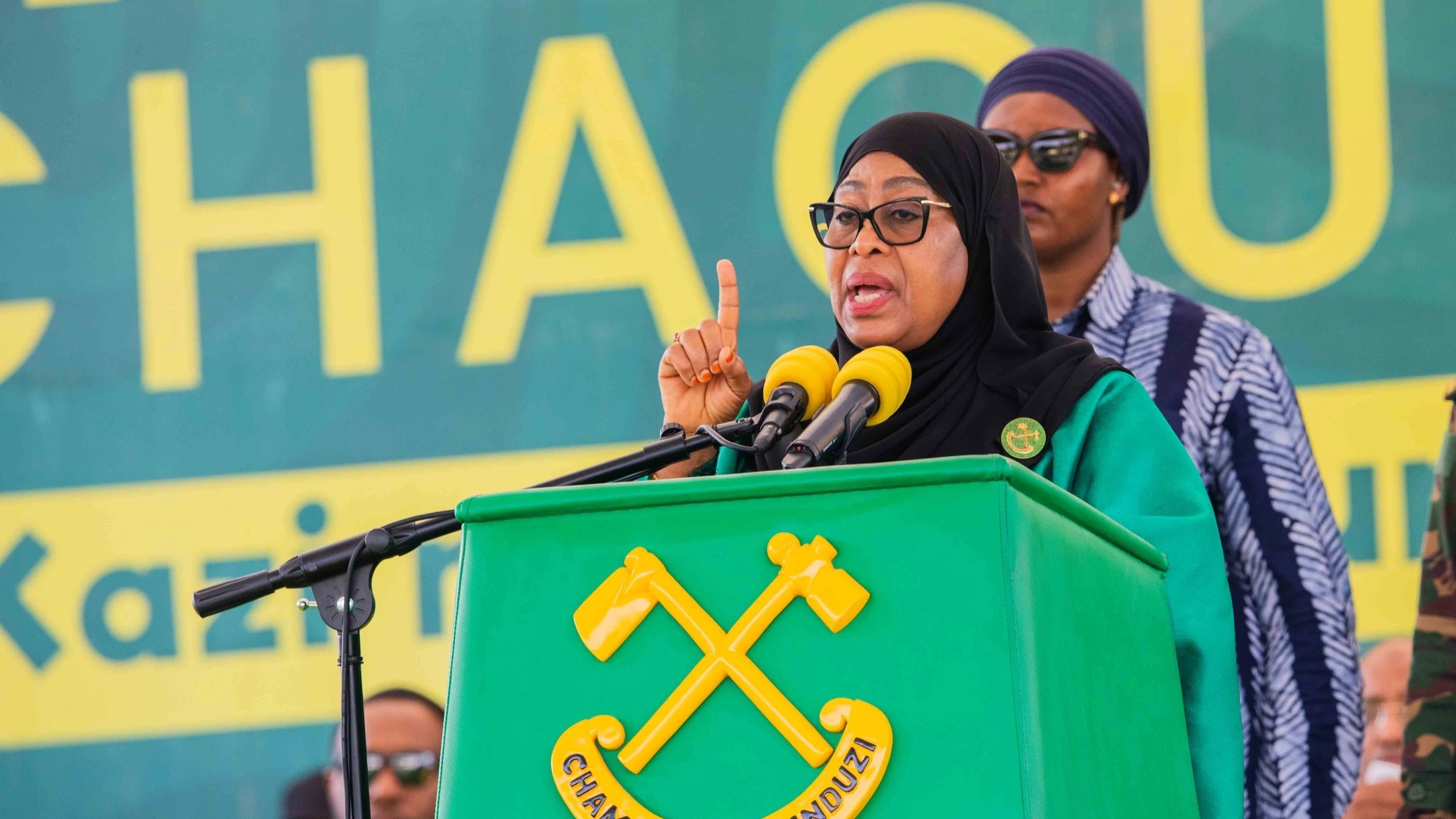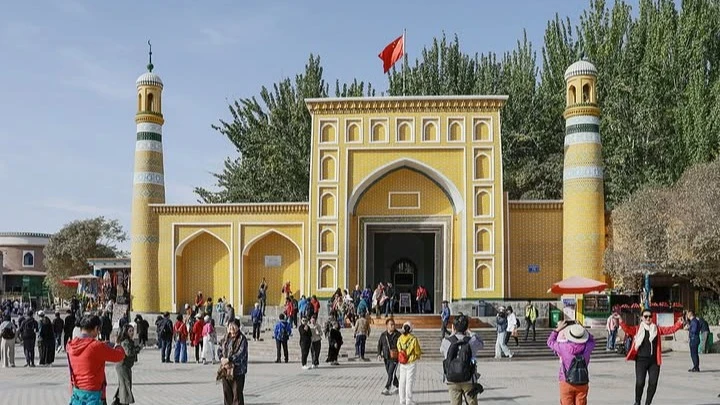Tanzanian billionaire hits major snag in Kenya's cement deal
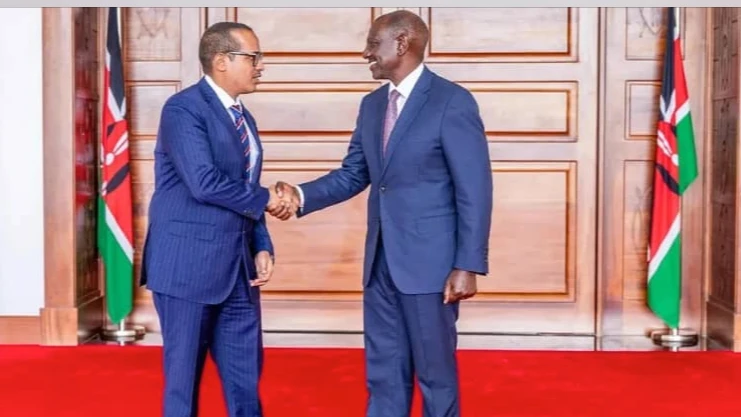
The Kenyan Parliament this week directed the East African Portland Cement (EAPC) to pursue a share buyback of a 29.2 percent stake owned by a Swiss multinational in what looks set to derail the sale of the shares to a Tanzanian tycoon.
The planned sale of the EAPC shares to the Tanzanian investor, Edhah Abdallah Munif, has raised concerns in Parliament over the discounted cost of the deal at half the cement maker’s stock price.
Now, members of the National Assembly Committee on Trade, Industry and Cooperatives want EAPC to buy back the shares at market value and sell for a profit later.
If EAPC agrees to the plan, it will be the third firm listed on the Nairobi Securities Exchange (NSE) to pursue a share buyback after Nation Media Group in 2021 and Centum in 2023. The buybacks follow changes to the company law in 2015 that allowed firms to acquire their own shares.
Parliament’s pushback on the EAPC shares could also affect the deal where Tanzanian investors have agreed with the Swiss multinational Holcim to acquire the stake.Legislators have queried why shares in the asset-rich firm were being sold at a price that does not reflect the book value of Ksh20.4 billion and the market valuation of the cement maker.
Mr Munif is buying 26.32 million EAPC shares from Swiss multinational Holcim using an investment firm known as Kalahari Cement at Ksh27.30 each, valuing the deal at Ksh718.7 million.
Portland Cement shares closed trading at Ksh56 a piece yesterday, placing the market value of the firm at Ksh5 billion.
Members of the parliamentary committee on trade, industry and cooperatives reckon that the firm acquiring the stake is eyeing EAPC assets, notably land that is valued in excess of Ksh20 billion.
EAPCC will require Ksh1.4 billion at the current share price to pursue and close the share buyback plan. “Why are you waiting for the shares to be sold? Why not buy it back now?” Kajiado South MP Samuel Parashina asked.
Portland Cement must get approval from the Capital Markets Authority (CMA) for the share buyback, which is often financed by distributable profits.The maximum share buyback price is 10 percent of the average price over a month, and the minimum is the prevailing price at the NSE.
EAPC Managing Director Mohammed Osman told the National Assembly committee that the firm will pursue the share buyback option if directed by Parliament. “Holcim is exiting the sub-Saharan region and we are considering a share buyback, which is an option,” Mr Osman told the committee yesterday.
“We have the capacity to buy back the shares and drop those small shareholders. We have the cash flow to settle the amount because we have turned around the company.” Rules demand that the shares bought through buybacks be cancelled, sold later or placed under a firm’s employee share ownership scheme.
In the past year, the EAPC share price has gone up by 359 percent from Ksh7.2 a unit, making it one of the top performers at the bourse in the period. At the prevailing price, the company has a market capitalisation (valuation) of Ksh5.55 billion, while Kalahari Cement’s purchase price values it at Ksh2.46 billion.
In its disclosures, Kalahari Cement did not give details on how it arrived at the price it will pay Holcim in the negotiated transaction. Both valuations are, however, well below EAPC’s net asset or book value of Ksh20.4 billion, as per the company’s latest audited financial results dated June 2024.
The company’s total assets stood at Ksh35.19 billion, and total liabilities at Ksh14.79 billion. This shows that Kalahari Cement is acquiring the 29.2 percent stake cheaply, and that the company remains undervalued at the NSE.
The bulk of the company’s assets (Ksh21.23 billion) is held in the form of investment properties, largely freehold land (4,626 acres) held under long-term lease arrangements.The undervaluation at the market also indicates that investors may be factoring in the illiquid nature of the bulk of the firm’s land assets.
The company has had plans to sell off part of its expansive land holdings to raise Ksh10 billion towards working capital for its business, after winning a court battle in 2023 against squatters who had occupied the land for about 10 years.
Members of the parliamentary committee pressed the Competition Authority of Kenya (CAK) and the CMA to reject the offer price, arguing that the transaction may not be in the public’s best interest in the long term.
The State and the National Social Security Fund (NSSF) have a combined stake of 52 percent in EAPC.CMA chief executive Wyckliffe Shamiah said the regulator was powerless in dictating the offer price, arguing it reflects an agreement between buyer and seller.
The deal comes months after Mr Munif’s firm, Amsons Group, completed the full acquisition of Bamburi Cement in December for Ksh23.6 billion, cementing its hold on Kenya’s cement market. With Bamburi Cement already owning 12.5 percent of EAPC, he will emerge as the single-largest shareholder of the Athi River-based company with a 41.75 percent stake.
Top Headlines
© 2025 IPPMEDIA.COM. ALL RIGHTS RESERVED








